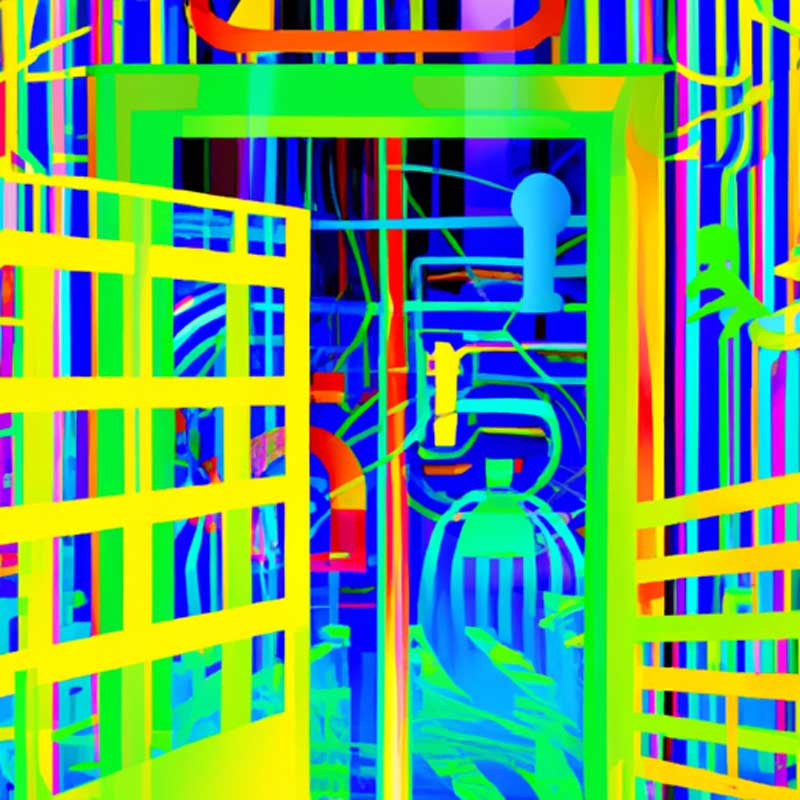Scientists are exploring the role of artificial intelligence (AI) in cutting greenhouse gas emissions and mitigating climate change. AI can help climate scientists develop more accurate climate models and improve predictions of extreme weather events. It can also automate data collection for flood risk and regulatory status, turning unstructured data into structured data for intelligent exploration and design. In addition, AI has the potential to contribute to climate change mitigation in sectors such as power generation, manufacturing, materials innovation, and food systems. However, there are concerns about the fairness and equity of AI-driven climate solutions, as well as challenges related to robustness of AI models, availability of high-quality datasets, and the need for AI literacy among employees. The Innovation for Cool Earth Forum (ICEF) has called for the integration of AI tools into climate change mitigation efforts, the development of AI skills and capacity, and increased collaboration between governments, institutions, and experts in the field.
